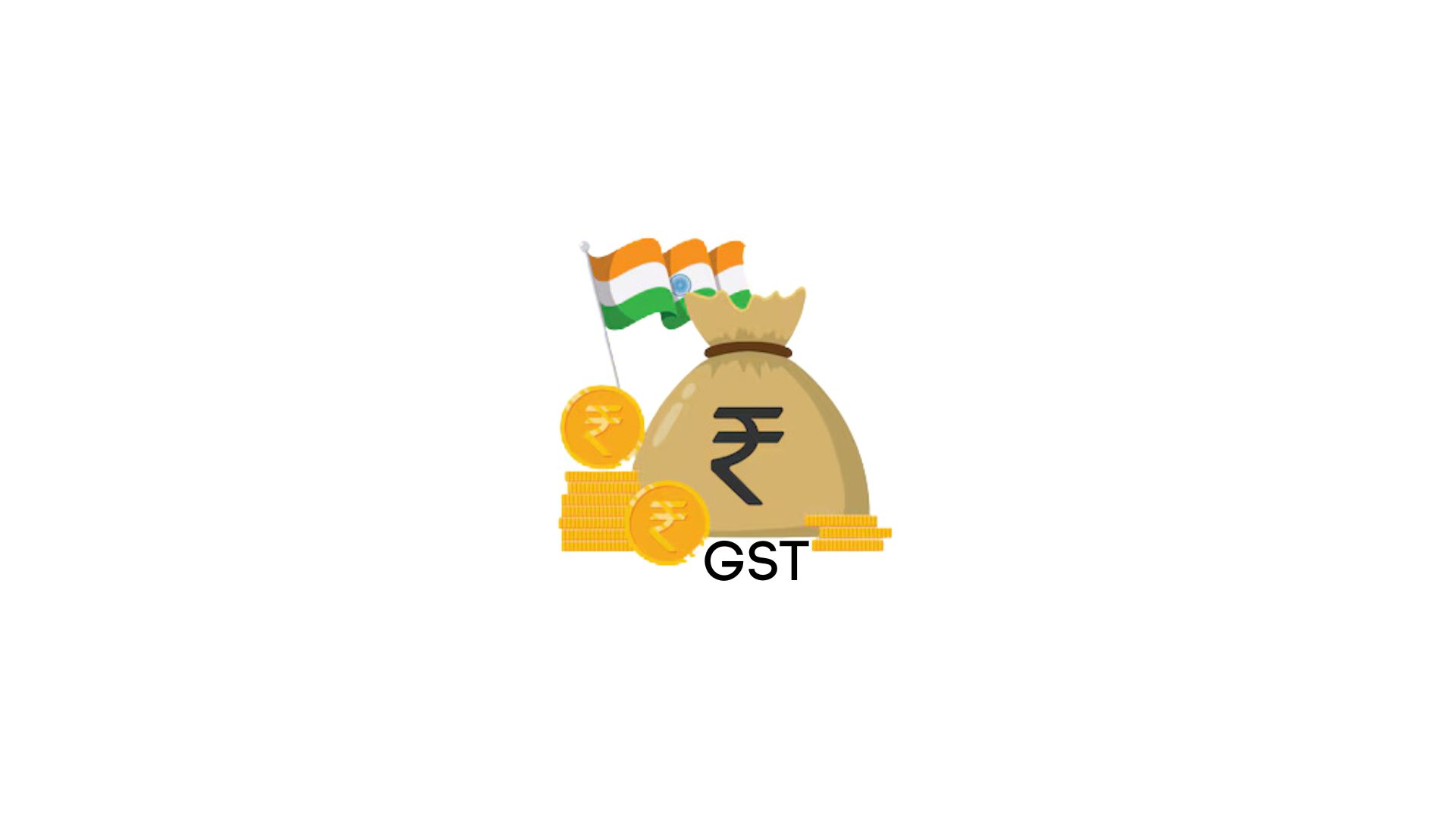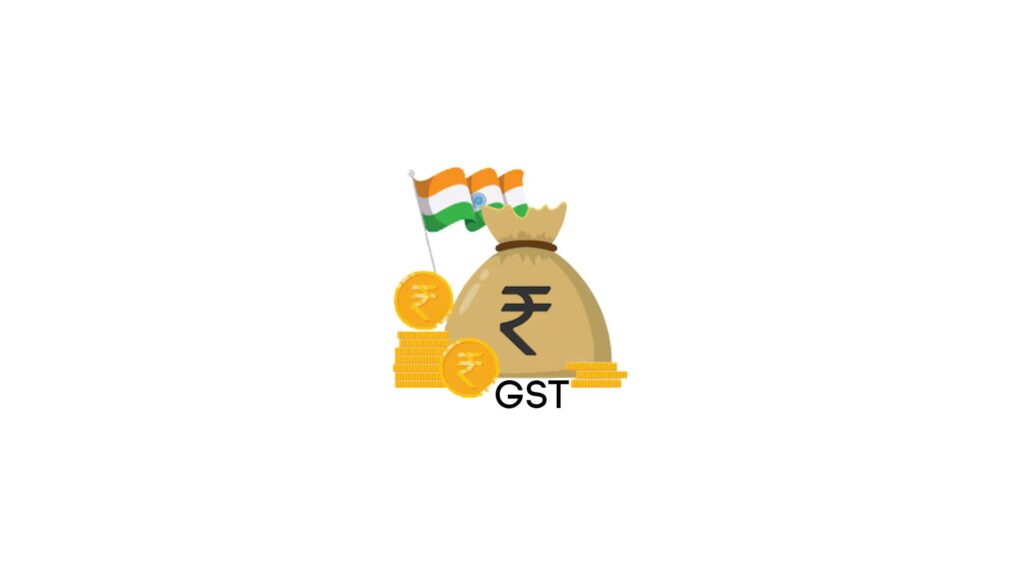
16 Apr State Registers Increase of About Rs 3K Crore in GST Collection

Introduction
In the fiscal year 2023-24, the state government witnessed a significant surge in its GST (Goods and Services Tax) collection, amounting to an increase of Rs 3,000 crore compared to the previous financial year. This surge, totaling Rs 42,000 crore in GST collection, marks a substantial leap from the Rs 39,000 crore collected in the fiscal year 2022-23.
Boost in Revenue
The finance department disclosed that the overall revenue collection for the current fiscal year is projected to reach Rs 61,000 crore, encompassing not only GST but also other commercial taxes such as sales tax, electricity duty, and professional tax.
Zero Tolerance Policy
A key driver behind this remarkable uptick in revenue is attributed to the stringent measures implemented by the authorities, particularly in the realm of return filing. A finance department official highlighted the adoption of a zero-tolerance stance towards non-compliance, coupled with extensive outreach efforts targeting every taxpayer, including trade houses. District-level officers played a pivotal role in facilitating compliance and resolving potential issues, ensuring a conducive environment for revenue augmentation.
Combatting Fraudulent Activities
Notably, the Directorate of Commercial Taxes, West Bengal, intensified its vigilance against fraudulent practices, particularly the proliferation of bogus companies in various pockets across the state. Instances of malpractice, such as the utilization of fabricated documents like rent receipts and electric bills for illicit registration purposes, were brought to light. Rigorous crackdowns on such malfeasance, initiated since December 2021, have resulted in the cancellation of registrations for sham entities on a monthly basis, thereby safeguarding the integrity of the GST framework and bolstering revenue inflows.
Legal Implications
Under Section 132 of the CGST Act 2017, the issuance of invoices without corresponding supply of goods or services, along with the wrongful availing or utilization of Input Tax Credit, is deemed a cognizable and non-bailable offense. This statutory provision underscores the gravity of fraudulent activities within the GST ecosystem and underscores the imperative for stringent enforcement measures.


No Comments